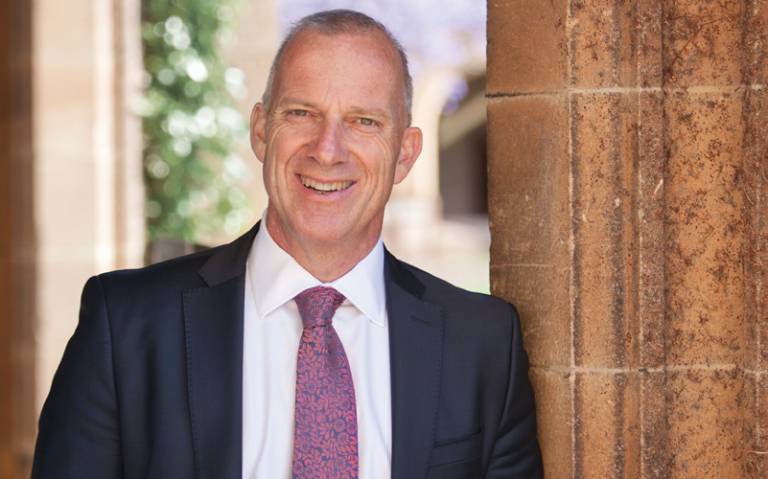Profile: Universities must be open to free speech, says UCL President and Provost
8 June 2021
Speakers on university campuses should not be cancelled because of protests, and universities must remain a place where people can speak their minds freely, says UCL President and Provost Dr Michael Spence.

The head of one of London’s top universities said speakers should not be cancelled just because people protest about them and it is the job of universities to make people uncomfortable.
Dr Michael Spence, President and Provost of University College London also warned he is concerned at a growing trend where people say they feel “unsafe” if somebody disagrees with them.
Speaking after new research found that more than half of people oppose speakers being “no-platformed” at universities, he said people have forgotten how to “disagree well” and many free speech problems could be solved by simple good manners.
He told the Evening Standard that he wants students to leave UCL knowing that life is more nuanced than can be explained in a Tweet, and said the institution’s job is to “make everybody feel uncomfortable, to make everybody wonder if they are wrong. That’s the job of a university - that’s how we progress.”
It comes after a study by the Policy Institute at King’s College London found that a quarter of people aged 16 to 24 supported ‘no-platforming.’ But overall, 53 per cent of the public said that universities should expose students to all types of viewpoints.
Dr Spence said: “My job is to make sure that the university remains a place where people can speak their mind freely. In an environment of rapidly changing values it’s easy for the conversation to become quite frenzied quite quickly. It’s really important for universities to remain places where people can talk about difficult ideas – the new ideas and the old - in ways that remain civil.
He said he is concerned at a cultural shift that has seen people say “you disagree with me and therefore I feel unsafe.” He said in some instances – when someone is threatening physical or emotional violence – that would be true, but he added: “We have to be careful as a culture to make sure the mere fact that somebody disagrees with me doesn’t make me unsafe.”
Former home secretary Amber Rudd is among the high profile names to be “no platformed.” An Oxford feminist society cancelled an event 30 minute before she was due to speak at the university in March last year after concerns were raised about her involvement in the Windrush scandal.
Dr Spence said nobody has been “cancelled” at UCL, and he is proud that the Student Union has held debates on Israel Palestine with both Zionist and anti-Zionist speakers. A successful Women’s Place UK conference was also held at the university – a group that campaigns for women’s right but has been accused of transphobia. He said: “There were protests and that was fine.”
He added: “Part of the day job of a university is to deal with protests. That’s what we do for our bread and butter.
“It’s only the point at which the protest means you can’t speak or your event can’t go ahead or you are physically intimidated when there’s a problem.”
He said it would be “hopeless” if universities enforced “trigger warnings” in lectures warning students they might be offended by some subjects. But he added that it is “just plain courtesy” for lecturers to tell pupils in advance if they are going to talk about sensitive material.
He said: “It’s only when these things become authoritarian that they become a problem. It sounds really naff but a huge amount of the stuff in this free speech area can be dealt with just with good manners. With remembering that ideas have consequences and there are other people who may be affected by the ideas. That doesn’t stop you talking about them or expressing strong opinions but it does influence how you choose to talk about them.”
This article first appeared in The Evening Standard on 08 June 2021.
Links
- Original article in The Evening Standard
- UCL President and Provost
- Dr Michael Spence’s biography
Image
- Dr Michael Spence
 Close
Close

